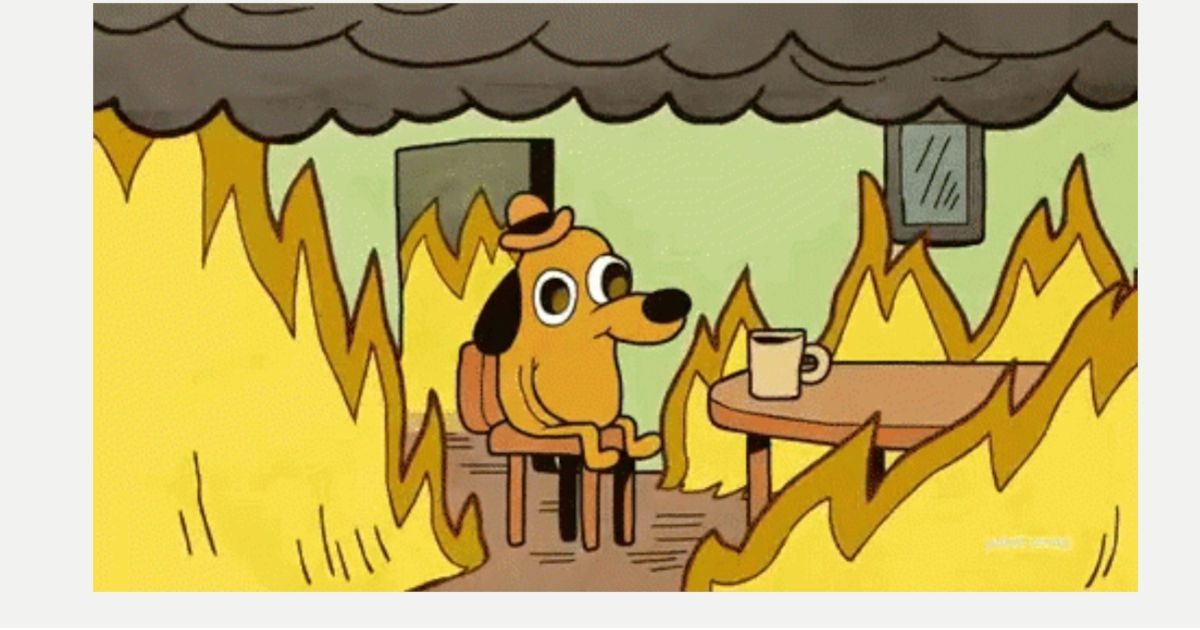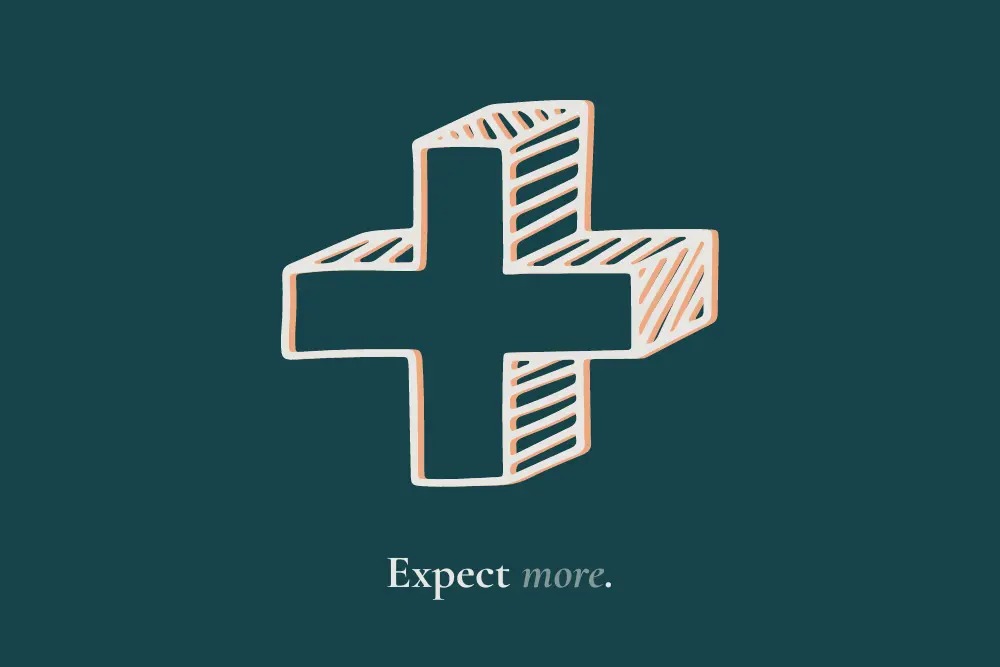Overwhelmed
Feeling burnt out? You’re not alone.
Coping with a pandemic can feel overwhelming, exhausting and leave you drained.
Burnout is what happens when you’ve reached your limits mentally, emotionally, and physically. It may appear to show up suddenly after a long week from working long hours or after a sustained work sprint toward a big deadline.
Most of us are not strangers to stress and anxiety, however when these moments are sustained we end up in new territories of not being able to feel replenished or as if relief will come soon enough. Especially in a pandemic, where there is a high level of stress being prolonged over a period of time without respite or opportunities to recharge (think being stuck in a space with others who may need something from you).
Simply put, burnout shows up when you're exhausted due to excessive and prolonged stress.
Some signs of burnout include feeling overwhelmed, emotionally drained, lacking energy, empty and unmotivated, and unable to meet your daily demands. You may feel an increase in irritability, notice increased conflict in your relationships, or feel like you want to crawl into your bed and never get out. You feel stuck, exhausted and hopeless.
Beating Burnout
If it becomes constant, burnout can make you more susceptible to physical and/or mental illness.
I learned the hard way recently that persisting and pushing through while you’re experiencing burnout can cause more damage than I thought (for ex., I couldn’t fulfill my commitments as I had promised, my body felt like it wanted to collapse, I didn’t have any motivation to complete my work, and I had to take more time off than I usually would for a vacation). So, to make sure you’re at your best, take care of yourself with the following tips:
- Know your limits. It’s normal to feel stress and anxiety however, it is not normal to feel constantly drained. If you feel apathetic, or are losing excitement about the activities you used to enjoy, it’s important to check-in with yourself around what is actually going on. If needed, you might want to start considering what you can take off your plate or what priorities you can delegate or ask for support on.
- Pay attention to your body. What is it saying to you? If you’re feeling tired and drained it’s important to check-in with yourself and understand what is going on. Practicing mindfulness can help you to cue into your body, as can noticing where you hold tension or feel aches and pains. In times of stress, our bodies give us loud messages!
- Sleep. Make sure you rest. For the average adult that means at least 7 hours of sleep per night. Ensure that you are practicing helpful sleep hygiene techniques. We love this book by Matthew Walker that digs deep into Why We Sleep and offers some practical suggestions.
- Connect with support. Consider your social circle. Who is the person that offers practical support like helping you with groceries? Who is the friend that offers emotional support? Then, muster up the courage to ask for support. You are not a burden and try to remember what you would tell your friend if they were worried about reaching out to you for help. Likely you’d jump in to support them. When times are tough, it helps to remember that you are worthy of support, too.
- Spend time alone. If you are someone who typically cares for others, often times that means that you are at the bottom of your own list. Spending time doing an activity you enjoy (Netflix. snuggling under your weighted blanket or a nature walk counts) can help create space for you to relax and rest. It is not selfish to take care of yourself.
- Say ‘no’. This is to make sure you don’t overextend or overcommit yourself to more than what you’re able to at this moment. Saying “no” means that you can say “yes” to yourself, your capacity and the things in your life that mean the most to you.
- Take time off. If this is a possibility for you, it’s something to consider and speak to your boss about. If not, is there ways that you can take time “out” such as taking a break from things that deplete you? Brainstorm with a friend and consider the need to do vs the want to do list. If you don’t take care of you, soon your body will make you take care of you.
Burnout is hard. I’ll be the first to admit it. It can feel isolating and overwhelming and result in a lot of feeling bad about oneself. That being said, with a commitment to self-care and some time invested in looking after yourself, it can be overcome.
This post contains affiliate links. This means that we may get a small commission should you buy something through one of the links, at no additional cost to you. Thanks for your support!
This article was written by Vivian Zhang during their time at Shift Collab.














.gif)







![Why You Need to Unfollow [@YourEx]](https://cdn.prod.website-files.com/625ec823c07cd8de32e1bae2/684af2346eb36cf47933e7ab_20240206T0910-707e5b7e-9802-42a3-8070-ba67b8dc33fd.webp)






![Summer Lovin' [not] Havin' a Blast](https://cdn.prod.website-files.com/625ec823c07cd8de32e1bae2/684af26ed2b68f821b628848_20240206T0910-fd1563e4-34d1-49e6-af59-9b95c717196a.webp)













































































